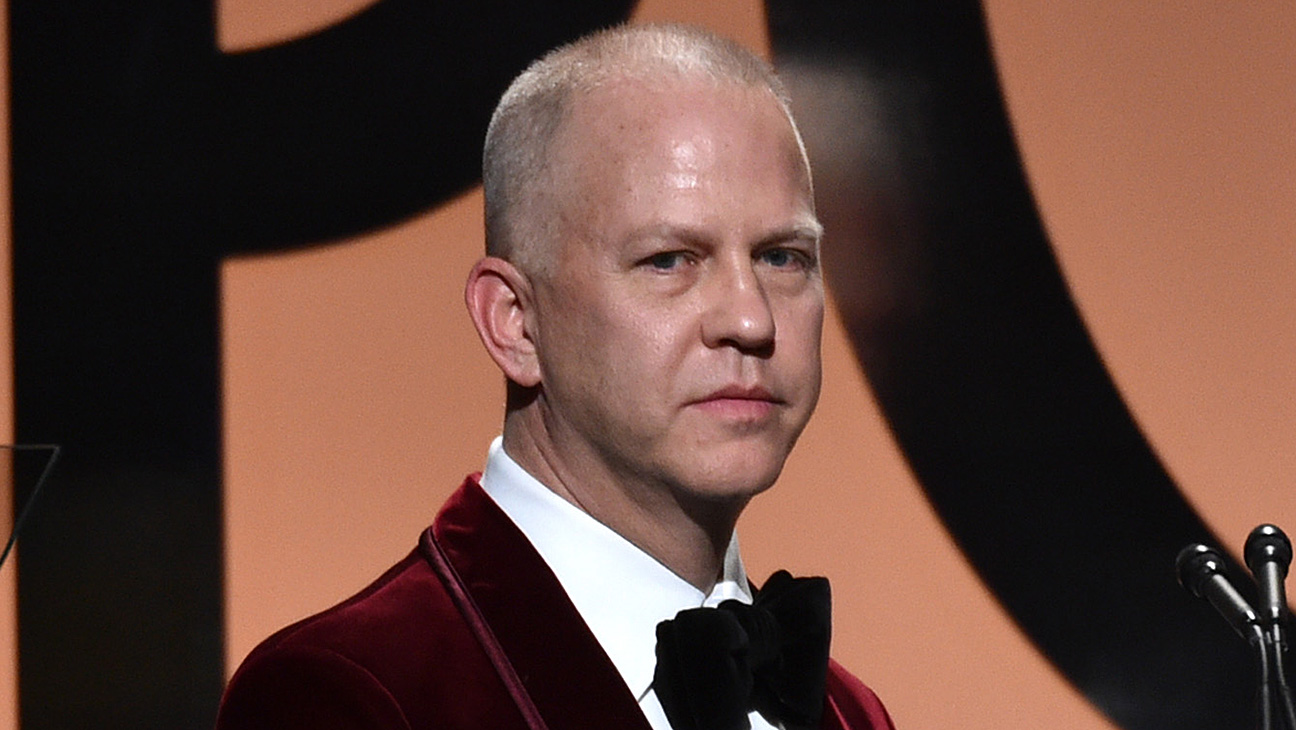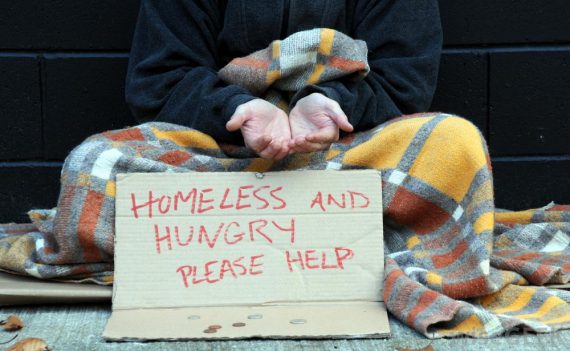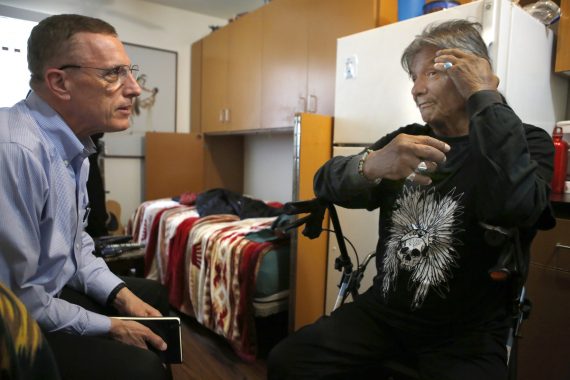(10-09-17) Even though there is no evidence that Las Vegas mass murderer Stephen Paddock was mentally ill, NRA national spokesperson Dana Loesch was quick to link mental illness with mass murders when she appeared on Fox and Friends shortly after the shooting.
At the 2:46 minute mark of the embedded video above, you can hear Loesch citing the shootings at Virginia Tech University and in Aurora as evidence that “Monsters exist. It’s a scary thing to realize evil is among us. … Our members and millions of innocent Americans just want to know what they can do to protect themselves from those monsters.”
She was joined Sunday by her boss, the NRA’s Wayne LaPierre who stated on Face the Nation that a failed mental health system is a major contributor to mass shootings.
I mean, the outrage they’re trying to stir against the N.R.A. they ought to be stirring against the mental health system, which has completely collapsed.
Those two NRA figures were not the only high profile spokesmen tying guns to mental illness.
“Mental-health reform is the critical ingredient to making sure that we can try and prevent some of these things that have happened in the past,” House Speaker Paul Ryan chimed in on Tuesday in response to reporter questions about mass shooters.
And during the last twenty-four hours, stories have been making the rounds that authorities believe Paddock may have had a mental illness – it just wasn’t diagnosed. This appears to be based on a common assumption that no one would commit a mass murder unless they were clearly mentally unstable.
So here we go again. Americans with mental illnesses are being demonized and portrayed as those most responsible for mass murders when that simply is not true.







